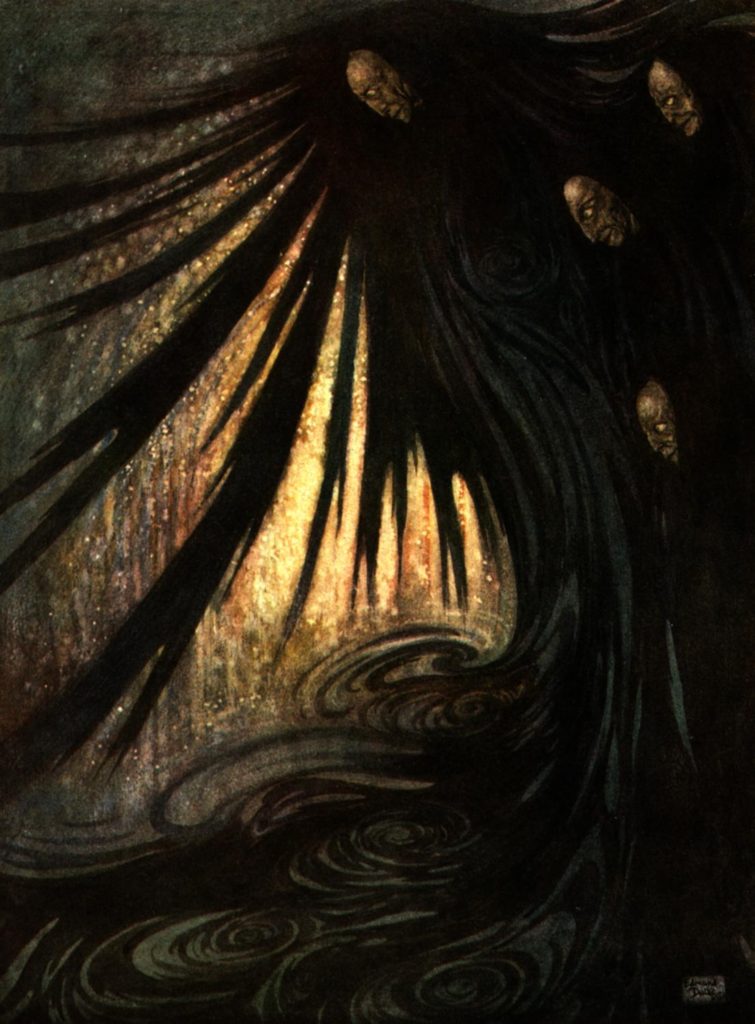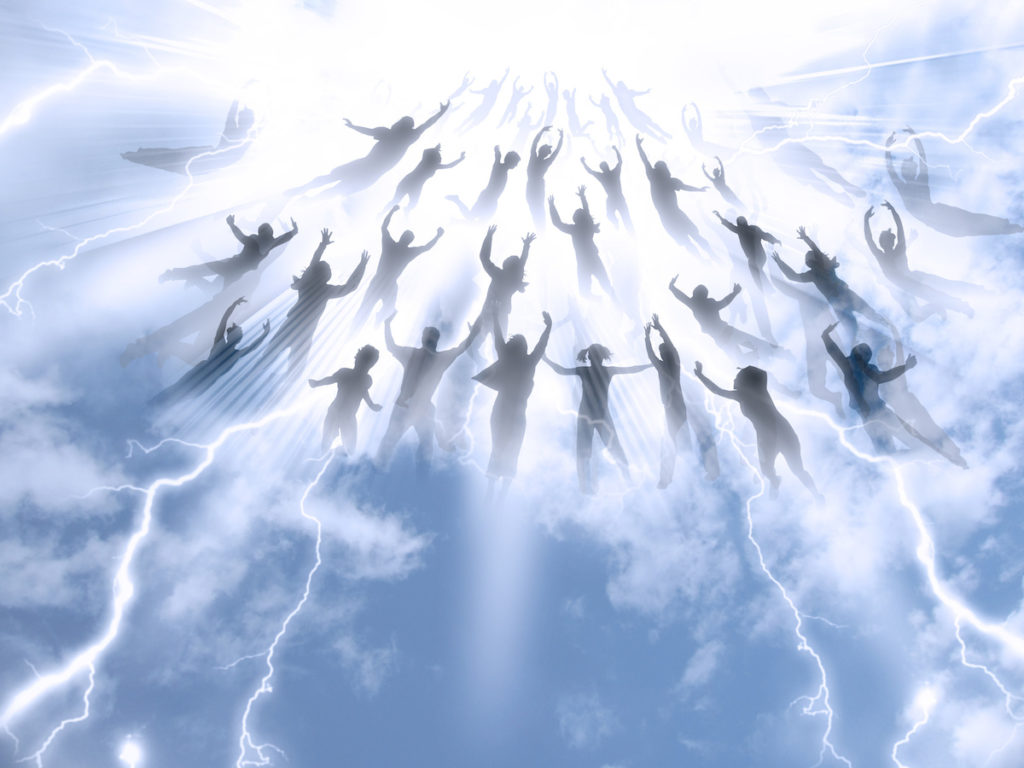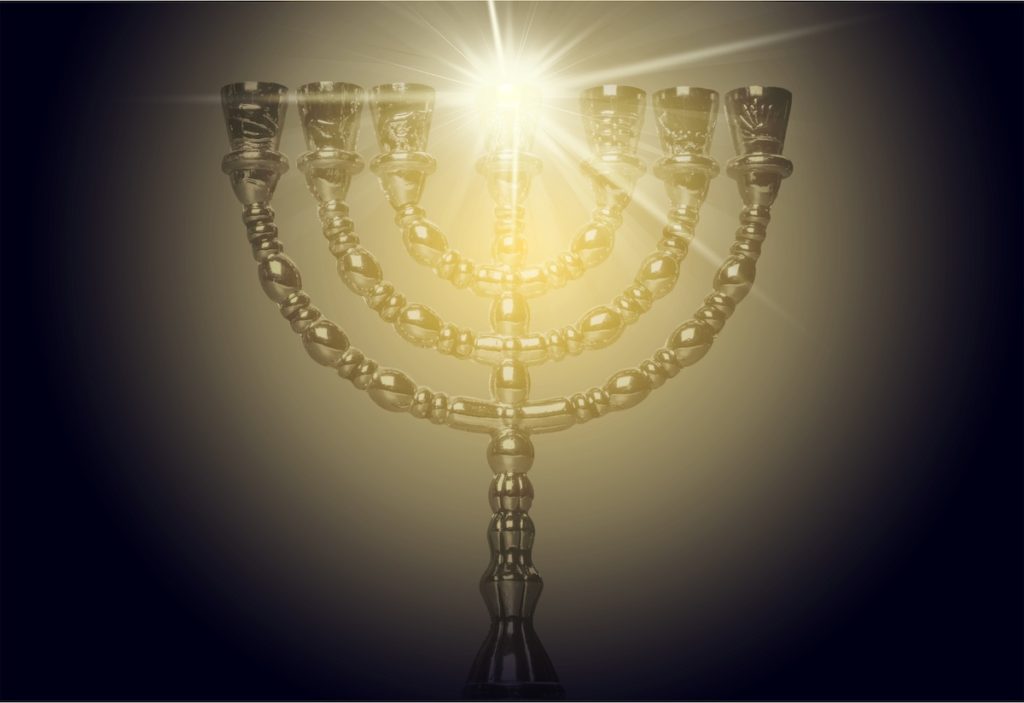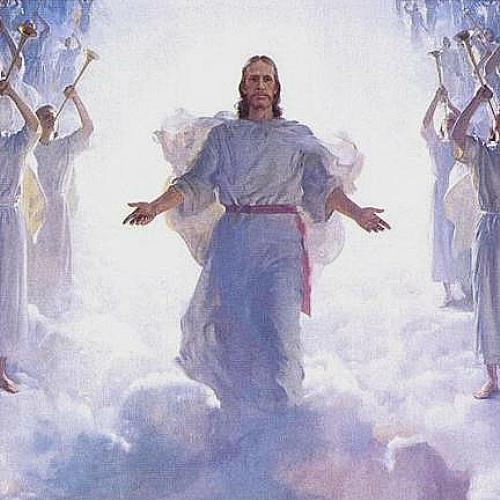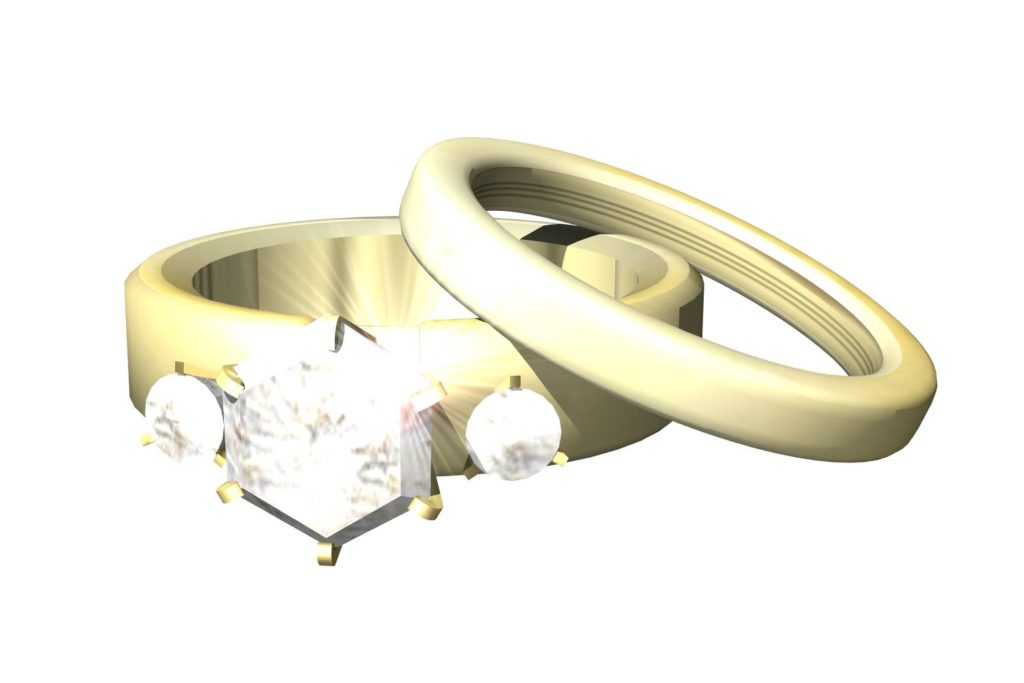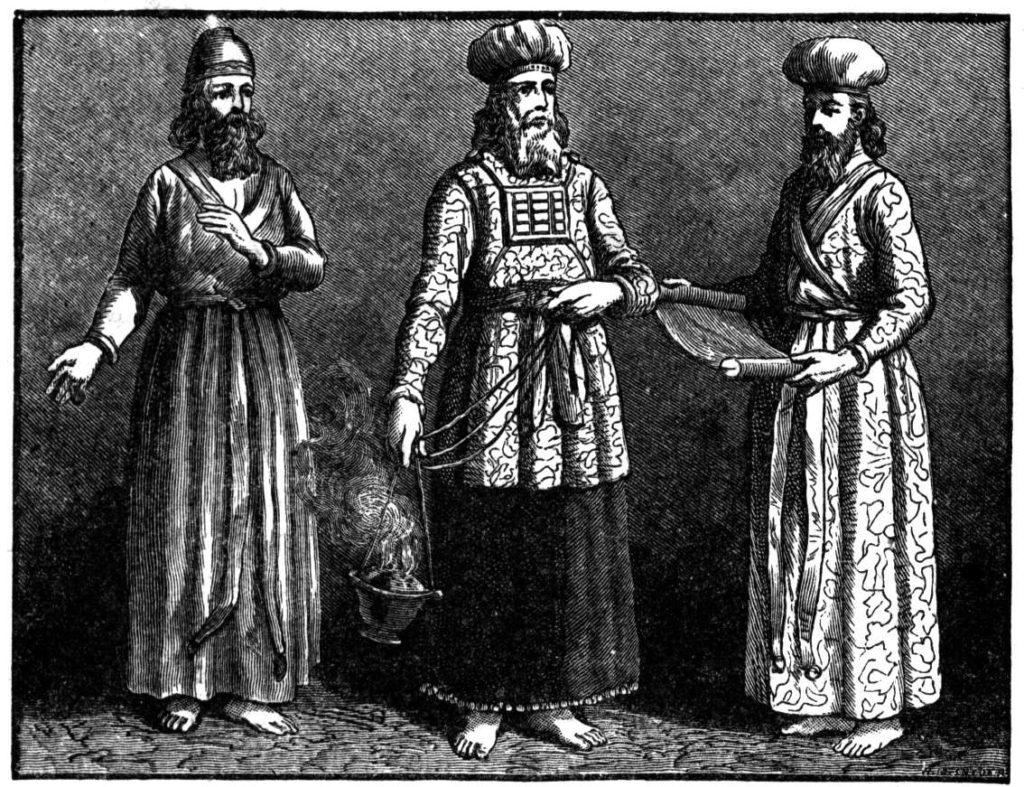
Genesis 14:8, Priest. (Heb.cohen). The Meaning of the Term Cohen Explored. This is the first occurrence of this Hebrew word in Scripture. According to The Theological Wordbook of the Old Testament (or The TWOT), the exact etymological meaning of cohen is unknown since it underlying verbal root does not appear in the Tanakh.
However, in light of the usage of the word cohen in the Bible, the verbal root is assumed to mean “serving as minister.” This is because the Bible uses cohen not only in reference to those who served in ecclesiastically (as in the Levitical priesthood), but also those who were the first born (or patriarchal) and spiritual heads of their families (Exod 19:22). A cohen could also refer to non-Levitical spiritual ministers (e.g. Melchizekek in Gen 14:8 and Jethro in Exod 2:16; 18:1). The word was also used of those holding ministry offices in a secular or civil government (1 Kgs 4:5; 20:26; 1 Chron 18:16, 17). Truthfully, it is not known whether some of these government officials were actual descendant of Aaron or not such as Ira the Jairite, who was David’s chief minister or cohen (2 Sam 20:26). In at least one case, cohen is used in reference to the sons of King David who served as officials in his administration (2 Sam 8:18), although, as The TWOT points out, the Hebrew of the MS may be in error since the LXX fails to include the term cohen in this verse.
Moreover, in a sense, all Israel were priests (Exod 19:6), or at least that was to be their spiritual destiny presuming they served YHVH faithfully and did not forget his Torah-law (Hos 4:6). The Bible’s looser designation of the term priest to include non-Levites, and eventually and potentially all Israelites prefigures the eventual royal priesthood of all believers as predicted in Exodus 19:6 and Isaiah 66:21 and was carried forth to its prophetic fulfillment by the apostolic writers to include all Israelites (1 Pet 2:9; Rev 1:6; 5:10; 20:6). who are “the Israel of Elohim (Gal 6:16).
Below is an article that I wrote nearly 20 years ago as I was just starting out as a congregational pastor. This was one of the first article that I wrote and published on our near Hoshana Rabbah website. It is still as relevant now as it was then, for the Word of Elohim is timeless, his Truth and standards of righteousness never change and human nature remains the same.
If Yeshua Calls You a Priest, Then Act Like One!
Scripture reveals that the saints are to be a holy or set-apart (kadosh) priesthood, not a profane (worldly and polluted) one. Which are you? Kadosh or profane?
YHVH Is Preparing His Saints to Be a Kingdom of Priests
In the Bible, YHVH declared that it was the destiny of the Israelite nation to become a kingdom of priests (Exod 19:6). As such, he commissioned them to become a light to the heathen nations around them and to lead them to YHVH—the one true Elohim (Deut 4:6–8). This is why YHVH in his sovereignty positioned the nation of Israel at the crossroads of the major trade routes of the ancient world—between three continents: Africa, Asia and Europe. Israel did not fulfill this prophetic destiny because of sin and rebellion. They desired to conform their lives to the standards of the wicked nations around them rather than conform to YHVH’s standards of righteousness as revealed in the Torah-law.
Those who come to faith in Yeshua the Messiah become children of Abraham and are thus Israelites (Rom 4:16; 9:8-11; Gal 3:7, 9, 14, 28-29) who have been grafted in to the olive tree of Israel (Rom 11:11–32); they are the current “Israel of Elohim” (Gal 6:16). Ancient Israel never fulfilled its divine calling to be a kingdom of priests and a light to the nations of the world. YHVH’s calling and purposes for Israel are without repentance (Rom. 11:29). What ancient Israel failed to accomplish because of disobedience, rebellion and faithlessness will be left to grafted in Israel—the one new man in Yeshua the Messiah—to accomplish. Yeshua commissioned his disciples to preach the good news (or gospel) of the kingdom of Elohim to the world (Mark 16:15; Acts 1:8). But more than that, his disciples were to become that kingdom of priests that ancient Israel missed the opportunity to become.
We read in the Testimony of Yeshua (or New Testament) that the saints of YHVH will be called kings and priests (or a kingdom of priests) of YHVH-Yeshua the Messiah and will reign with him during the 1000-year Millennium or Messianic Age.
…[T]o him, the one who loves us, who has freed us from our sins at the cost of his blood, who has caused us to be a kingdom, that is, cohanim [priests] for YHVH, his Father… (Rev 1:5–6, CJB)
…[At] the cost of blood you ransomed for YHVH persons from every tribe, language, people and nation. You made them into a kingdom for YHVH to rule, cohanim [priests] to serve him and they will rule over the earth. (Rev 5:9–10, CJB)
Blessed and set-apart is anyone who has a part in the first resurrection; over him the second death has no power. On the contrary, they will be cohanim [priests] of YHVH and of Messiah, and they will rule with him for the thousand years. (Rev 20:6, CJB)
During the Millennium, Messiah will be the King of kings. His government will be a theocracy with him, as the High Priest-King, at the head. The children of Israel operated under a theocratic from of government with Moses as the priest-king (he was from the priestly tribe of Levi and was called a king in Deut 33:4-5) as the human head of state. David Stern in his Jewish New Testament Commentary (p. 10) describes the role of the biblical priest to be like that of a prophet and to serve as spokesman and mediator between YHVH and man. The prophet speaks to man on behalf of YHVH, the priest to YHVH on behalf of man. In terms of practical job-description their primary duty was to offer sacrificial animals on the altar.
Continue reading


